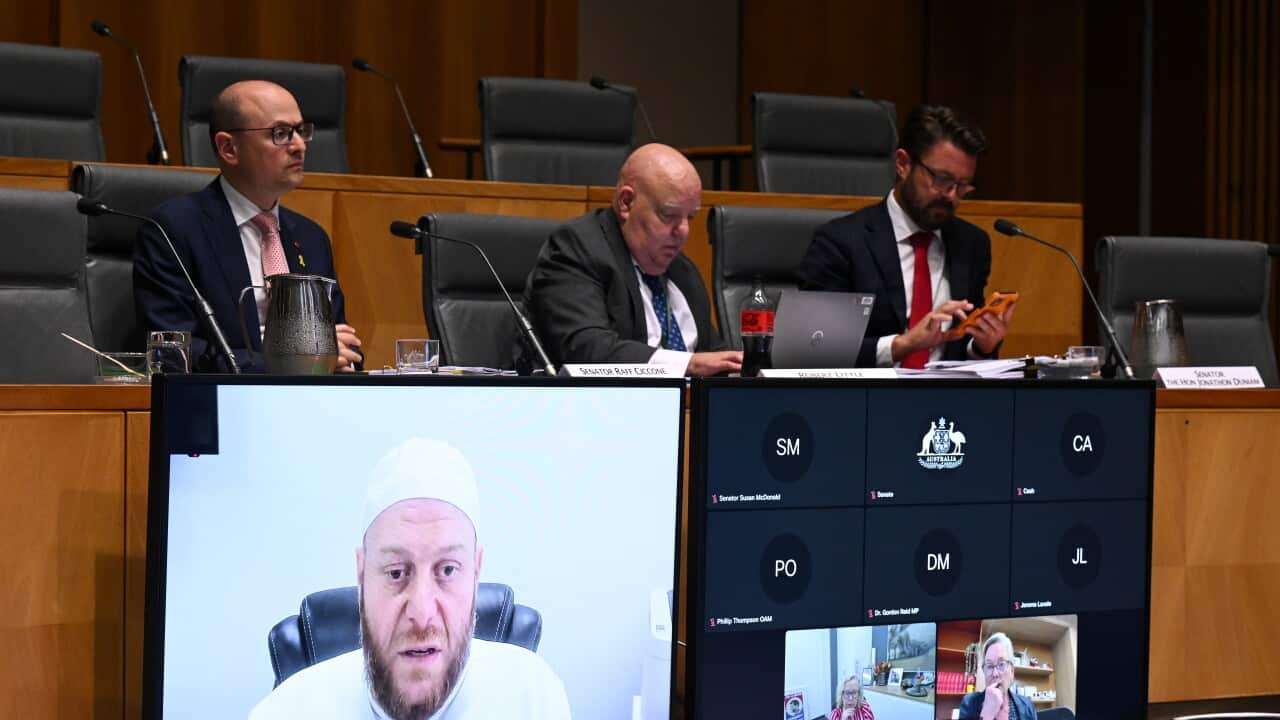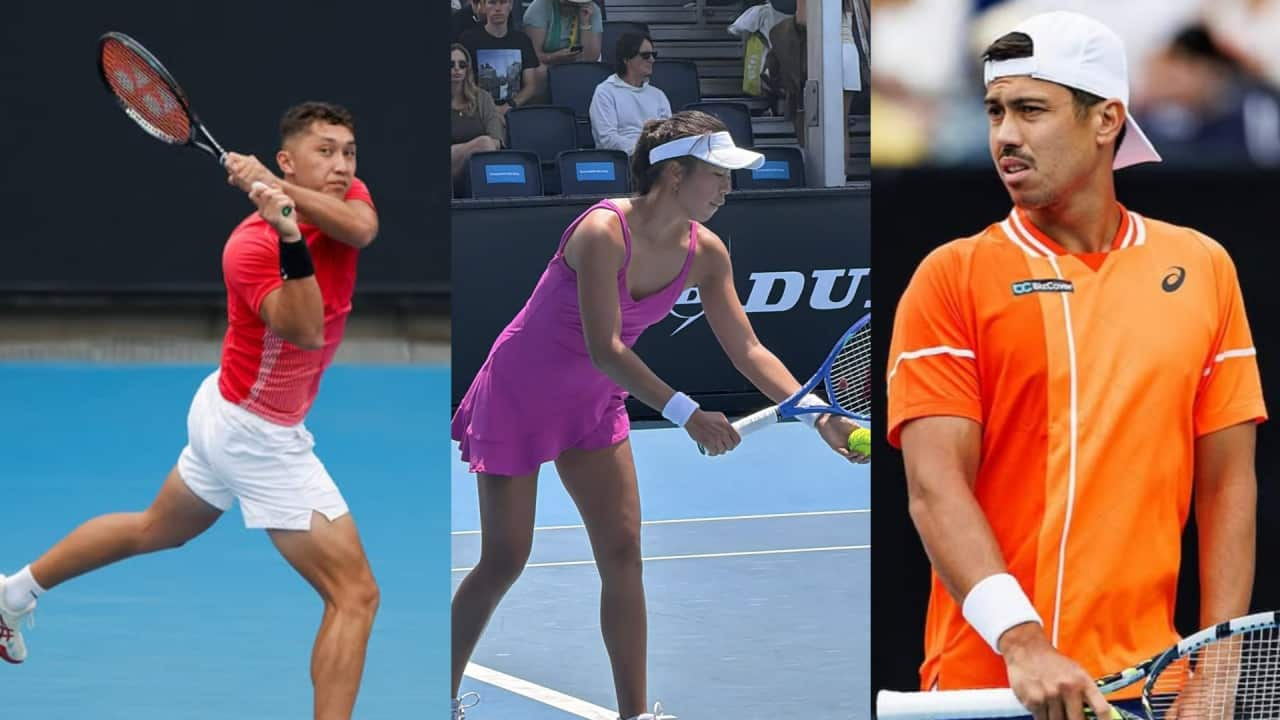Highlights
- Under the pilot program, up to 350 students who have studied in Canberra and 800 students from South Australia will be able to return to Australia
- Universities will give preference to students who are finishing their studies, such as those enrolled in research or postgraduate courses, honours students and those in the final year of their undergraduate degree
- Returning students will undergo the required two weeks of compulsory quarantine in hotels under a cost-sharing arrangement between universities and the government
Prime Minister Scott Morrison announced that the federal government will allow international students back into the country in a 'pilot basis' from next month (July) under ‘controlled’ processes agreed between states and institutions, but he made clear that states with border restrictions still in place will not be allowed to take part.
In an interview with SBS Filipino, education counsellor and director of Finemarks education and migration services Ivan Monte, welcomes the announcement.
“I think it’s a good plan from the Australian government to address the loss of universities and colleges. Educating our international students is one of the biggest imports of Australia.”
What to expect under the 'pilot program'
Under the pilot program, up to 350 students who have previously studied in Canberra and 800 students from South Australia will be able to fly back to Australia to continue with their studies says Mr Monte.
They will also undergo the required two weeks of compulsory quarantine in hotels under a cost-sharing arrangement between universities and the government.
Who can return?
Mr Monte made it clear that not all international students can return to Australia this July.
“This plan is limited to 350 students in ACT and 800 students in SA, so not everyone can immediately return to Australia.”
He adds that universities will give preference to students who are finishing their studies, such as those enrolled in research or postgraduate courses, honours students and those in the final year of their undergraduate degree.
The universities that participated in the program are: University of Adelaide, University of South Australia and Flinders University for South Australia, and Australian National University and University of Canberra for ACT.
NSW, Queensland and Victoria are yet to announce their approach says Mr Monte.
“We are waiting for the announcement [of other states] and we are looking forward to the approach of NSW and Victoria."
Stranded international students hopeful to continue studies
Mr Monte says that most of the international students stuck overseas are hopeful to return to Australia to continue with their studies.
Some have requested to defer their studies, while others chose to attend online classes, he adds.
“International students are patiently waiting for their return to Australia and some of them requested to defer their studies which means their graduation will be delayed and some chose to attend online classes so they can graduate on time.”
Should I go ahead with my study plans?
In the midst of the travel bans, some students are perplexed whether they should continue with their studies and others are also rethinking their study plans.
Mr Monte says while there are pros and cons, students should not forget that Australia is still an excellent destination for international students.
“If they finish their studies in Australia, it will remain globally recognised. Their trainings and placement are great experiences.”
He adds that the only cons would probably be the delay in finishing their studies and the longer waiting time for student visa approvals.
“The only cons is the impact of the current situation to their visa and studies. Like if you are stranded overseas, you might finish your studies later this year and with visa, it will take around 5 months for a student visa to be approved.”
He adds that it's important for international students to speak to their respective registered migration agents about the delay and ask for assistance from their education counsellor when it comes to dealing with their education providers, be it on deferring their studies and asking discounts on tuition fees.
He continues, it’s also vital for international students to give careful thought about their plans to study abroad.
“Recently, we’ve seen many international students losing their jobs and so the pandemic is a good wake up call for international students to take the planning process of studying in Australia seriously.”
“Think carefully about your goals and plans. Look at what you have and what you can do to achieve your future goals," he adds.
ALSO READ/LISTEN





